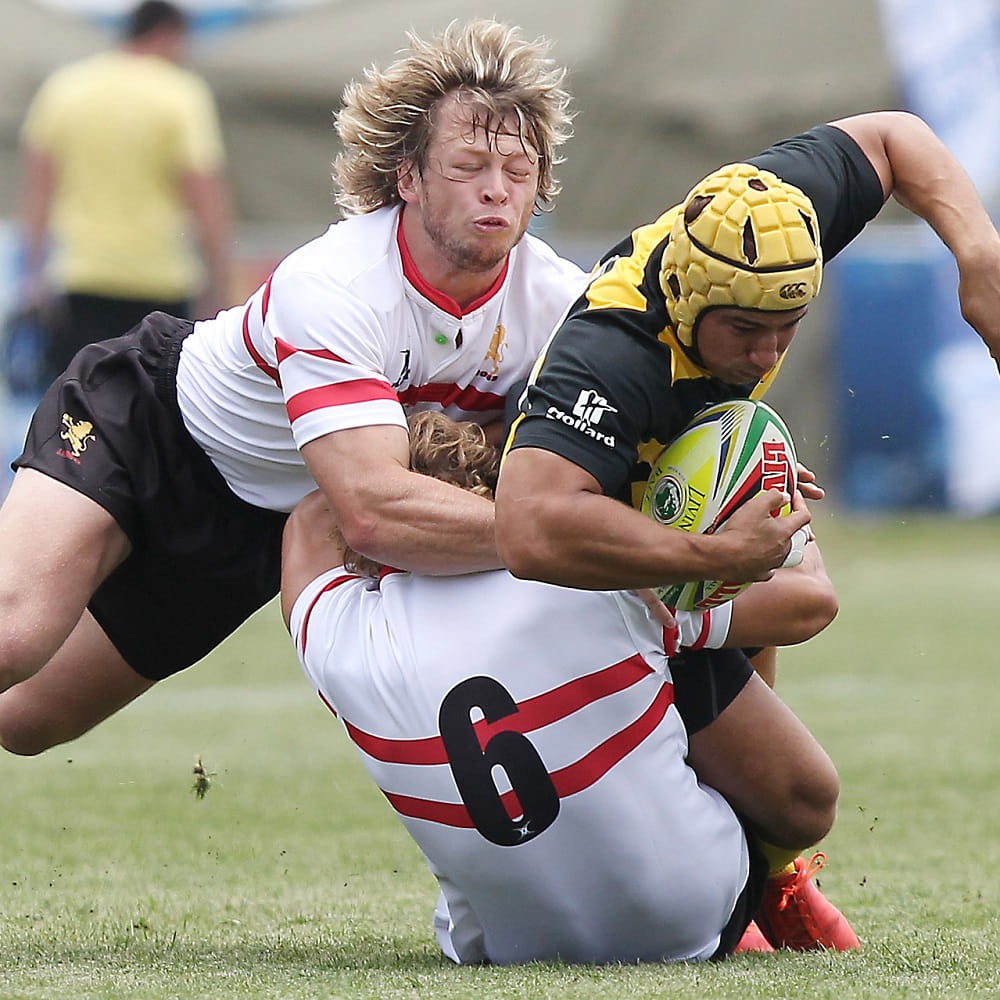Concussion diagnosis and return to play service development for sub-elite rugby clubs

Sport-related concussion (SRC) is caused by external forces applied to the brain, which can have devastating effects upon an individual’s quality of life. Despite this, SRC is not well understood.
It is suggested that repetitive concussive injuries increase the risk of neurodegenerative problems in later life. These range from mild brain impairments to neurological disease such as Dementia.
Rugby union is, unfortunately, an ideal test sport to explore the consequences of concussive events. Over the course of one season, players can encounter up to 100 direct head impacts. This makes it imperative to develop a better understanding and measurement of brain function in order to improve both diagnosis and long-term outcomes for players who have suffered SRC.
This project will combine a Cranial Analysis Platform (CAP), created by PhysiGo to measure force and rotation of head contact incidents, with additional data taken from the non-invasive technique Functional Near-Infrared Spectroscopy (fNIRS). The fNIRS is a portable device that can used pitch side to provide measurements of brain oxygenation. This will help uncover how the brain is recovering in the minutes and hours following a concussive event, as well as measure the long-term impact.
Using the data from these two tools, we will develop a fact-based proxy for head injury assessment, which will better inform medical intervention.
This project has several key aims including:
- Characterise the cerebrovascular changes that occur across a full rugby season in male players.
- Monitor the acute and long-term cerebrovascular changes that occur as the result of a concussive events.
- Develop a framework for the presentation of data in an accessible way that can be used by sub-elite level clubs to improve their monitoring and management of player injuries over the course of a season.
- Inform head injury assessment (HIA) to better highlight when medical intervention may be required.
- Inform rugby union policy concerning concussive events and return to play protocols.
Funding
This project has been funded by the University of Essex Enterprise Project Fund.
Partners
This project is run in collaboration with sensor technology company PhysiGo, and Colchester Rugby Football Club.



